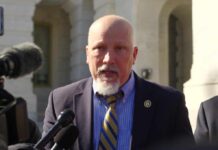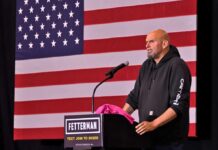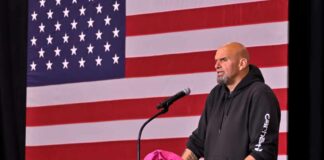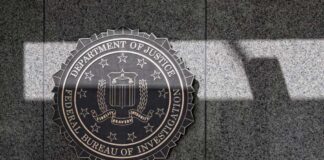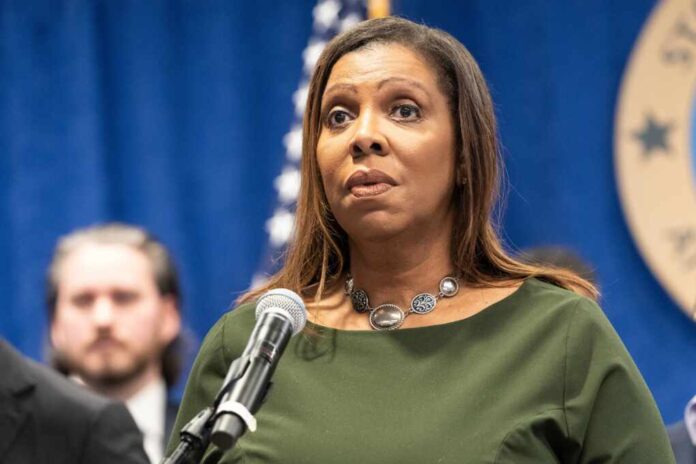
On Wednesday, New York Attorney General Letitia James (D) launched another politicized legal battle — this time against JBS USA, a significant player in the global meatpacking industry. This lawsuit accuses the company, a subsidiary of the Brazilian giant JBS, of misleading the public about its environmental practices, specifically its claims of aiming for “carbon neutrality” by 2040.
The allegations suggest that JBS USA engaged in “greenwashing,” a term used to describe companies that misrepresent their products or practices as environmentally friendly to attract eco-conscious consumers. According to the attorney general’s office, JBS made unattainable promises regarding its environmental impact, notably in beef production, a sector notoriously linked to high greenhouse gas emissions and deforestation.
Letitia James sues meatpacking company over allegations of misleading consumers with climate claims https://t.co/3y2FmyBNTh
— Bo Snerdley (@BoSnerdley) February 29, 2024
JBS allegedly made claims about a net-zero future which James now claims “exploited consumer trust” and somehow illegally took advantage of the rising demand for climate-friendly products. The lawsuit focuses on a 2021 advertisement by JBS in The New York Times. The ad described the company’s commitment to addressing agriculture’s potential to solve climate issues. Specifically, the company said it was taking steps to produce “bacon, chicken wings and steak with net-zero emissions.”
JBS’s initial media response to the lawsuit was to reiterate their dedication to sustainable agricultural practices and their commitment to reducing the environmental impacts of their operations. They have not yet formally responded to the complaint filed in court.
The legal action taken by James is part of a broader pattern of her office targeting politically adverse opponents, including President Donald Trump and the National Rifle Association.
This legal challenge against JBS USA raises significant questions about the role of government in micromanaging how major corporations address climate change and how they might influence consumer choices. As the lawsuit progresses, it will explore the veracity of JBS’s environmental claims and set precedents for how companies communicate their sustainability efforts.
The outcome could have far-reaching implications for the meatpacking industry and beyond, especially inside the Empire State. As demonstrated by the recent judgment James obtained against President Trump in a politically friendly courtroom, Democrats in New York are not hesitating to threaten the commercial community.
As Republicans who are able to do so flee the state in record numbers for more freedom-friendly states, it remains to be seen whether enough GOP voters are left to stem the tide of leftist lawfare against free enterprise.





